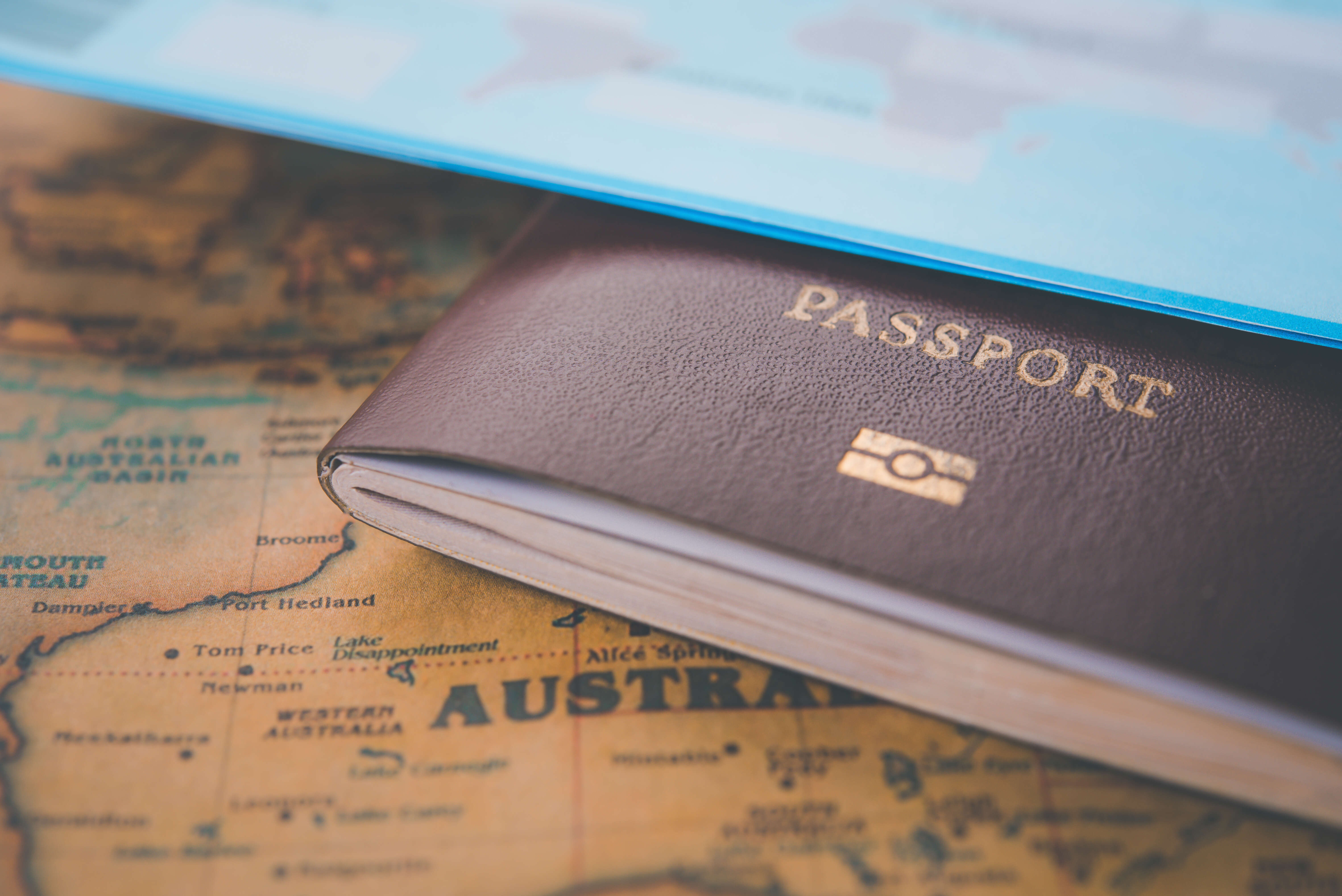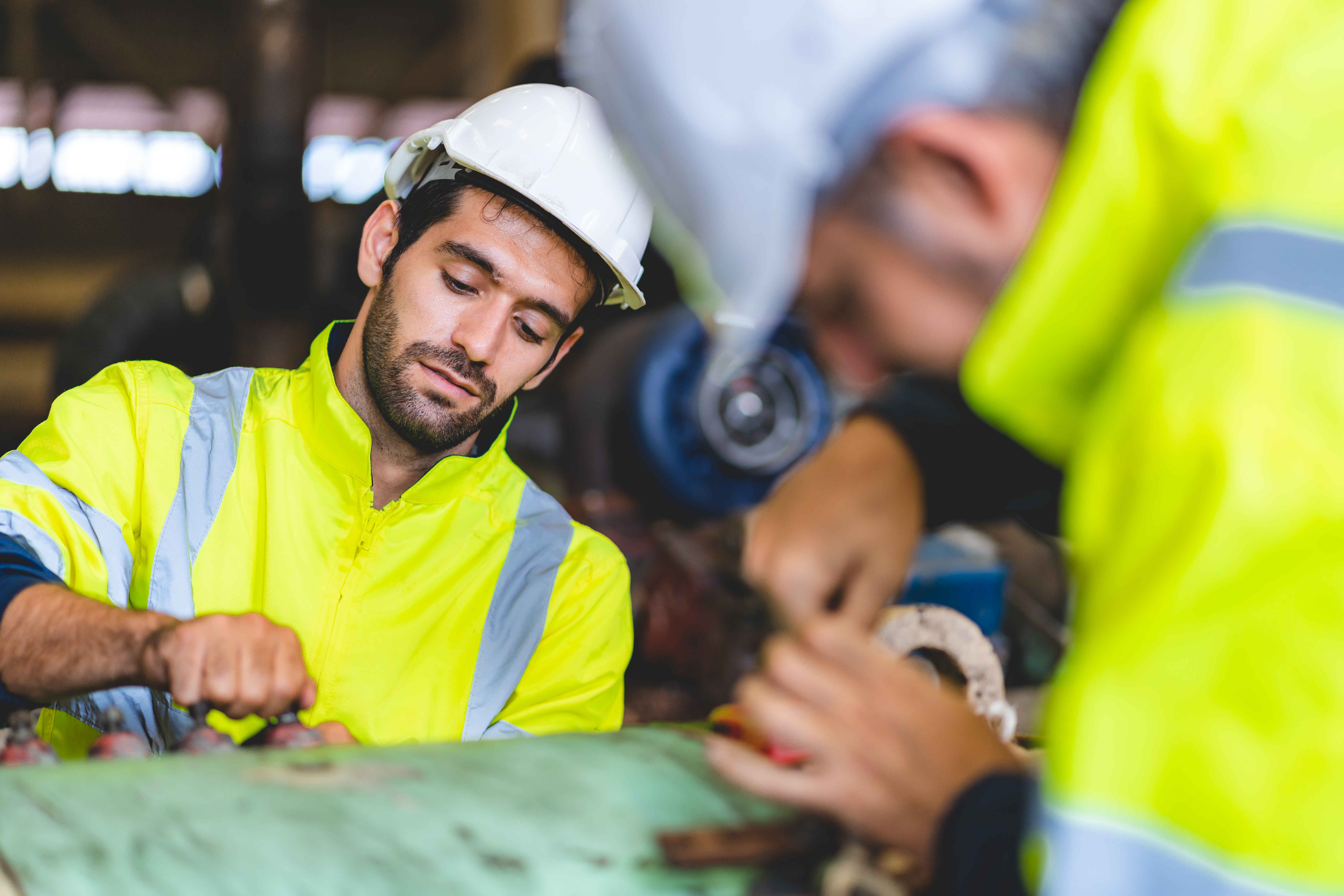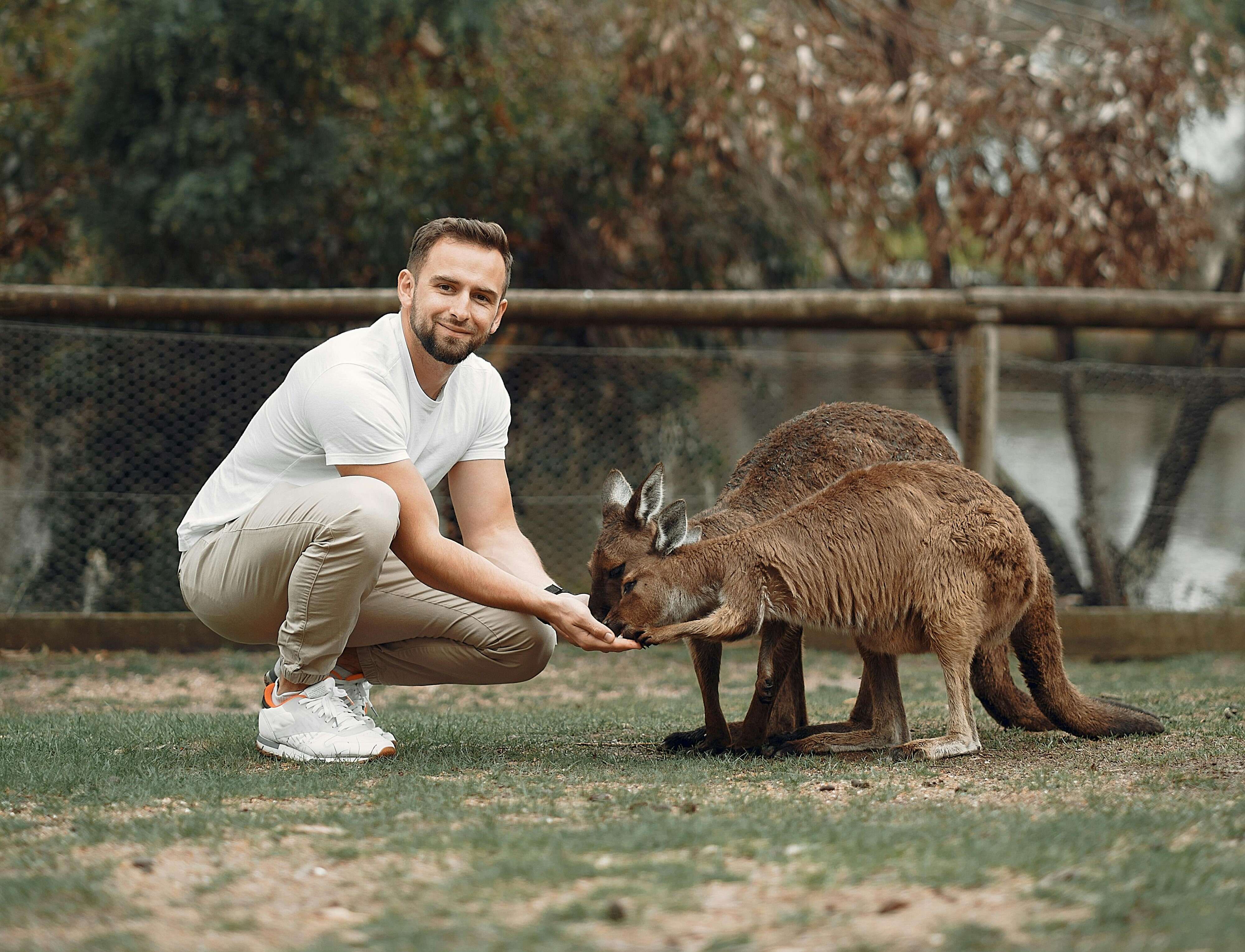In this March immigration news blog, we will cover all the latest Australian immigration updates, including:
- A preview of immigration policies in the lead-up to the federal election
Recent Visa Grants
To start, we are sharing some of the visas that we have recently obtained for our clients:
- Partner Visa 100
- Global Talent Visa applied for last year
- 482 Short-Term Stream visa applied for offshore
- 494 DAMA visa for aged or disability care
- Citizenship approval
- Student visa
- 190 visa grant for a Marketing Specialist applied for in 2023
- 190 visa grant for a Software Tester applied for in 2023
- Visitor visa subclass 600
If you are looking to apply for an Australian visa, please contact us by booking an appointment. We can assist with your visa application.
Australian Federal Election and Immigration – Policy Preview for Major Parties and Independents
If the current Labor government wins, it is expected to continue with the following policies:
- Maintain migration allocation levels similar to 2025, which is 185,000 visas for that year.
- Continue with migration strategy reforms, which were announced in December 2023. This may include a review of the points-based system for GSM visas, including the 189, 190, and 491 visas.
- Following consultation in 2024, release plans for regional visas.
- No business or investor visas are planned to be available.
Recently, in Direction 114, the current government assigned the lowest processing priority to the Significant Investor Visa (SIV).
This demonstrates that the government is not interested in investor visas or even prioritizing the processing of SIV applications. This will be disappointing for those with applications still in the processing backlog.
If the Liberal Party and a potential coalition government win:
- Liberal leader Peter Dutton has previously stated that he would cut the migration allocation to approximately 140,000 per year.
- In contrast to Labor’s stance, Peter Dutton has expressed support for reintroducing the Significant Investor Visa (SIV).
This contrasts with the Albanese government, which abolished the Significant Investor Visa, closing it from 1 July 2024.
If the Greens win:
The Greens, Australia’s third-largest party, have immigration policies that are more positive towards migrants.
- The Greens place a greater emphasis on humanitarian and refugee visas, with less focus on skilled migration.
Independents:
Some independents hold anti-immigration views.
Then there are the Teals, who are often independent candidates that have won former conservative seats.
The Teals have a range of perspectives on migration, but may be more supportive of skilled migration.
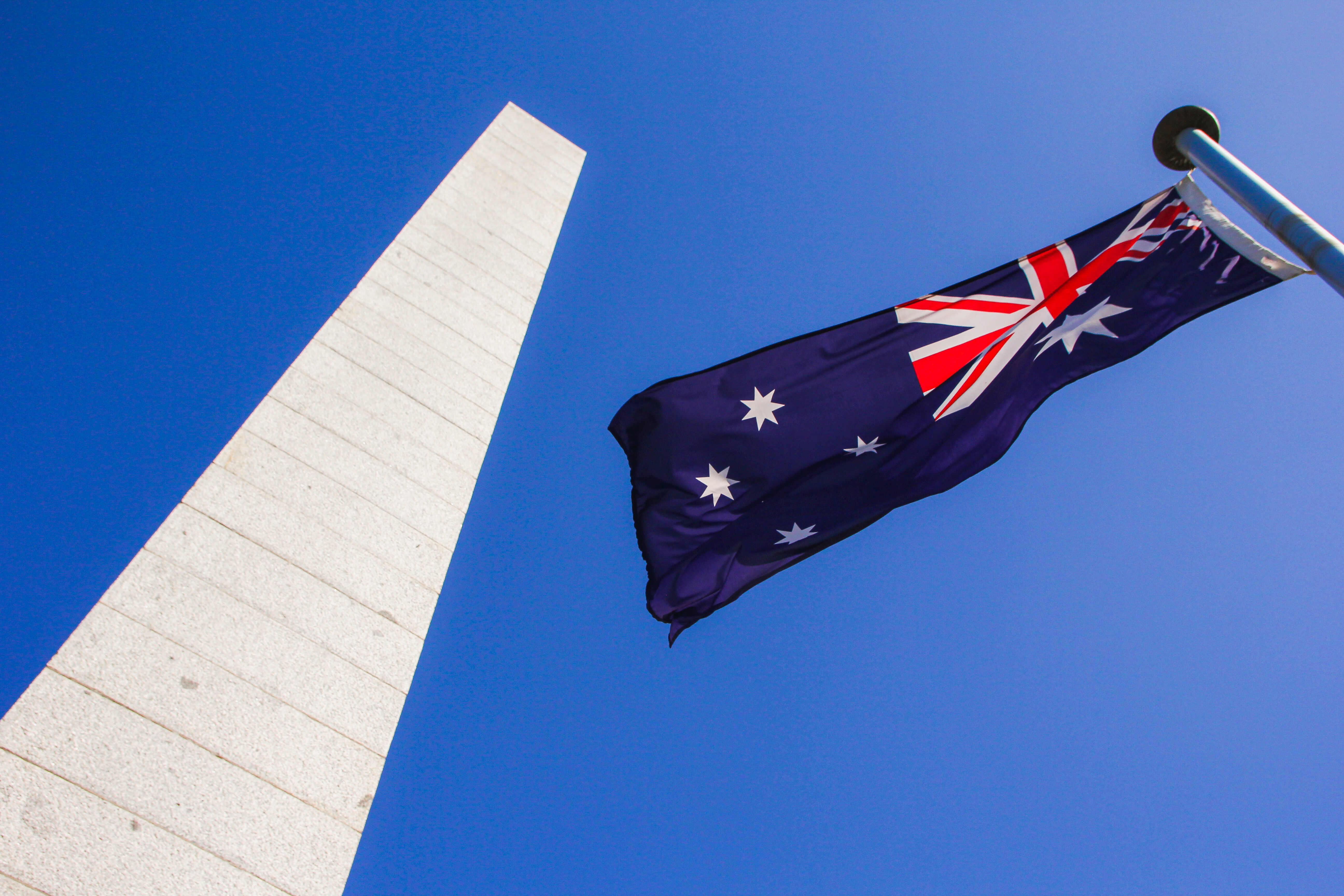
If the election is close, major parties may need to collaborate with smaller parties or independents to form a government.
There could be a wide range of outcomes in relation to migration policies following the election.
With GSM Visas Slowing Down, Employer-Sponsored Visas Are on the Rise
- No new invitations for the 189 visa this month
- Northern Territory is closed for new 190 and 491 visas
- New South Wales Pathway 1 for 491 is closed
- Other states continue to issue invitations
- More employer-sponsored visas are being granted, including 482 visa, 186 visa, and 494 visa
- Labour Agreement visas, including DAMAs, continue to increase
482 Visa Self-Sponsorship
We frequently receive questions about self-sponsorship, which can be challenging and often leads to refusals.
However, in some cases, where the need for a genuine position can be demonstrated, applications can be successful.
We have posted a full video on our YouTube channel explaining both successful and unsuccessful cases.
Income Thresholds Increasing Again
From 1 July 2025, the income threshold for the Core Skills Stream of the 482 visa will increase from $73,150 to $76,515 per year.
The income threshold is also the minimum salary for the 186 visa and the 494 visa.
At a practical level, many employers and applicants may aim to lodge their nomination before this increase takes effect.
With this rise, some occupations with lower salaries, such as childcare workers, chefs, and cooks, may find it harder to secure employer sponsorship.
Specialist Skills Threshold
The Specialist Skills Income Threshold will increase from $135,000 to $141,210 in the next financial year.
This is the minimum salary requirement for a 482 Skills in Demand Specialist Skills Stream.
New 482 Visa Processing Times
When the Skills in Demand 482 Visa was introduced, processing times were promised to be just 7 days.
However, that has not lasted. The Department of Home Affairs has now updated processing times:
- 50% of applications are processed in 30 days
- 90% of applications are processed in 47 days
Please remember that processing times refer to the time taken to reach a decision—not necessarily a positive one. Many businesses and applicants choose to work with migration professionals to maximize their chances.
With the new Core Skills Occupation List (CSOL), there are now 456 occupations available for the 482 visa.
One of the most common questions we receive is: How do I find a sponsor?
We have created a video and website page explaining the best ways to find a sponsor.
Pacific Engagement Visa Updates
The Pacific Engagement Visa aims to bring 3,000 workers per year from Pacific nations and Timor-Leste to Australia. However, it is currently facing major delays, leaving many hopeful applicants disappointed.
- The program was launched last year and operates through a ballot (lottery) system for permanent residency.
- Over 56,000 people applied, but less than 5% of available visas have been allocated after five months.
- Many applicants who invested time and money are now frustrated with the lack of updates from the government.
- Another major challenge is securing a job offer, as it is difficult to do so without already having a visa.
South Australia 190 and 491 Visa Updates
South Australia has provided an update on its state nomination program for the 190 visa and 491 visa.
Key updates:
- Over 50,000 registrations of interest have been received for just 3,800 available places in the 2024-2025 financial year.
- This year’s program is more competitive than last year when SA received 12,000 registrations of interest.
- Half of the allocation has already been filled.
- Most invitations have been issued to onshore applicants.
- Registrations are still being accepted, and invitations will be issued until June 2025.
- English language skills and work experience are key selection criteria.
- High priority occupations include construction, teaching, health, defence, space, and cybersecurity.
- There is a high demand for applications from medical diagnostic radiographers, sonographers, podiatrists, floor finishers, glaziers, electricians, roof tilers, plumbers, ambulance officers, and cabinetmakers. If your occupation is one of those just mentioned, you may have a better chance to be invited.
If you have submitted an Expression of Interest but have not received an invitation, you may still have a chance—especially if you are in a high-priority sector, as half of the allocation is still available.
However, due to high competition, you may want to consider other visa pathways, such as employer sponsorship or a partner visa if you have an Australian Permanent Resident or Citizen partner.
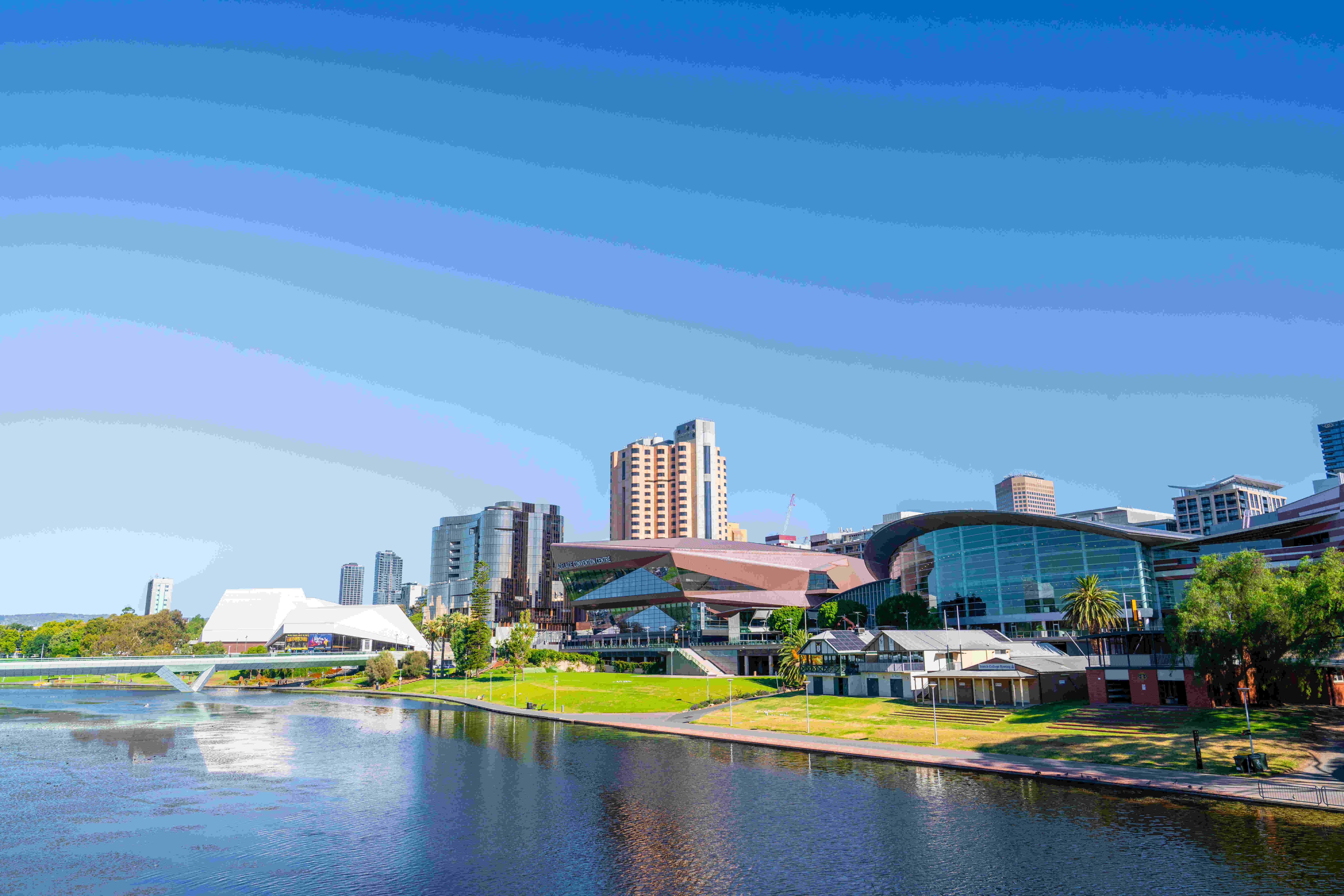
Contact us:
We are one of the largest Australian immigration law firms, assisting thousands of individuals and businesses since 2011. You can book an appointment by clicking the button below.
Sources:
https://www.abc.net.au/news/2024-12-08/dutton-walks-back-promise-to-cut-net-migration/104699216
https://greens.org.au/policies/immigration-and-refugees
https://immi.homeaffairs.gov.au/visas/working-in-australia/skillselect/invitation-rounds
https://www.migration.sa.gov.au/
https://www.abc.net.au/news/2025-03-03/pacific-engagement-visa-applications-delays/104947294


